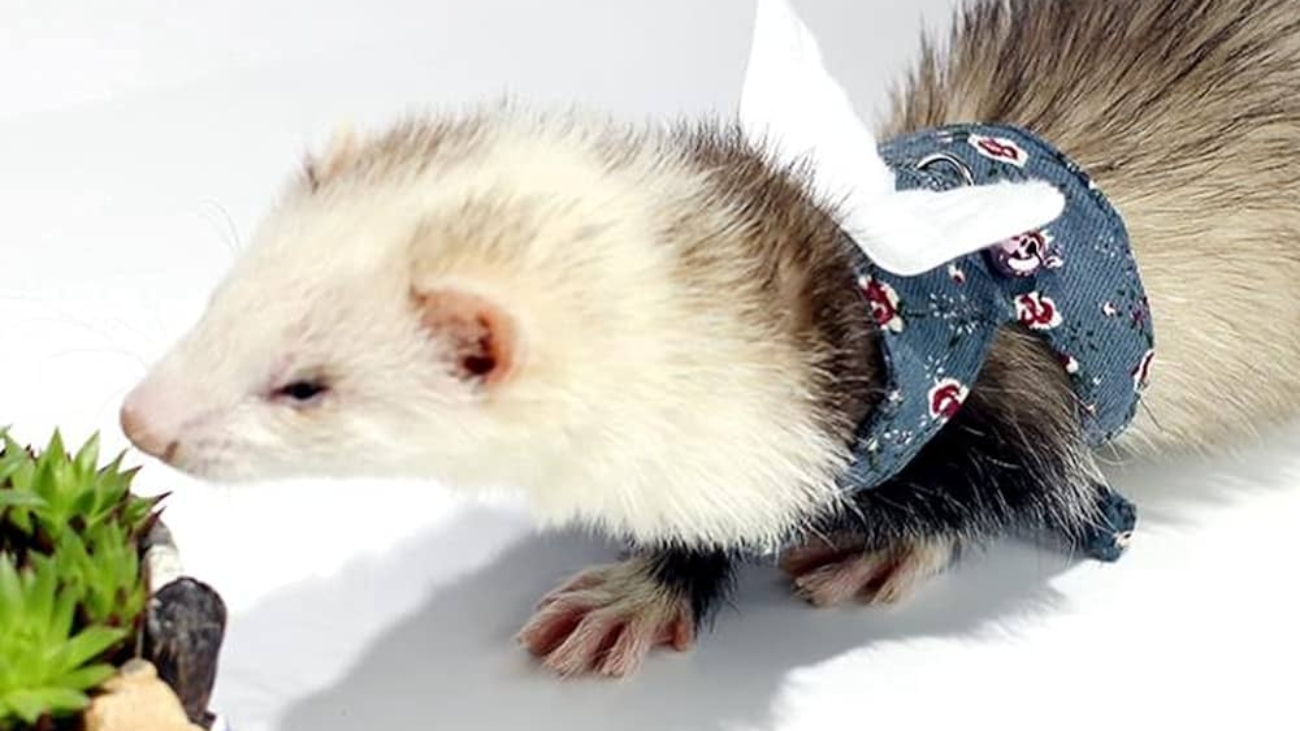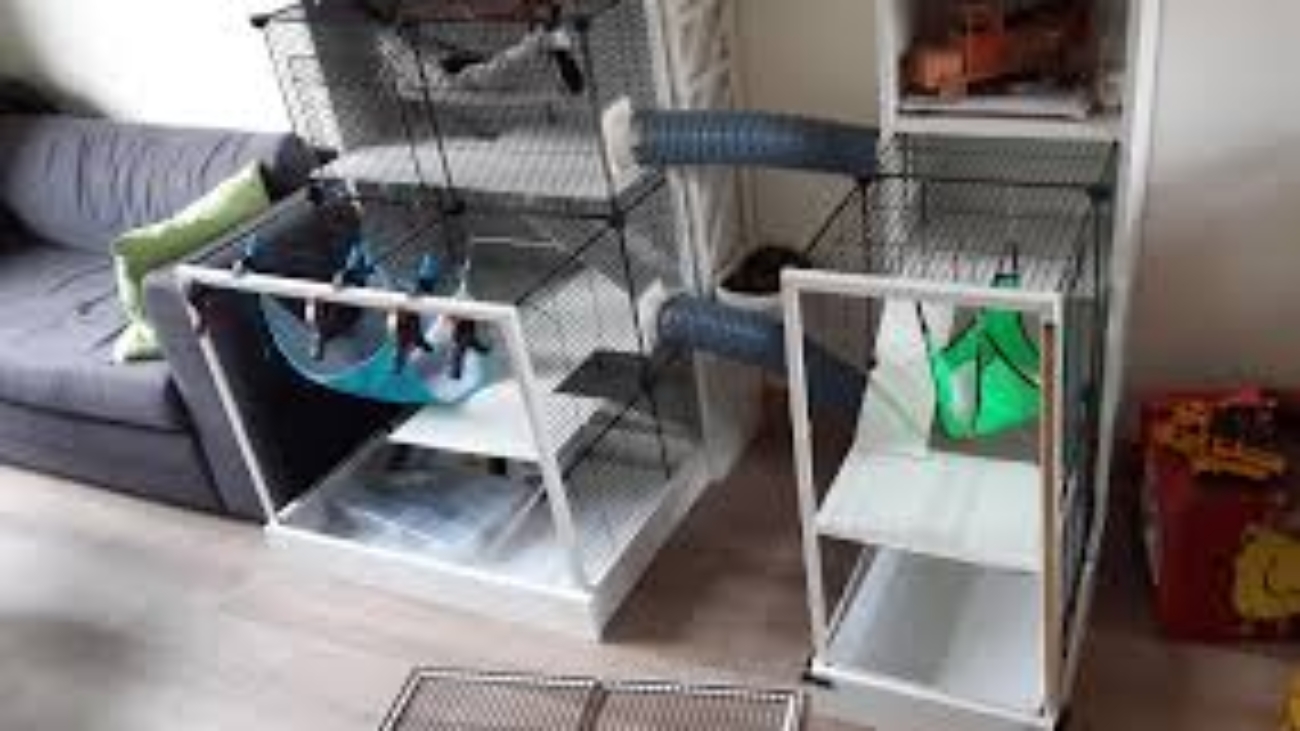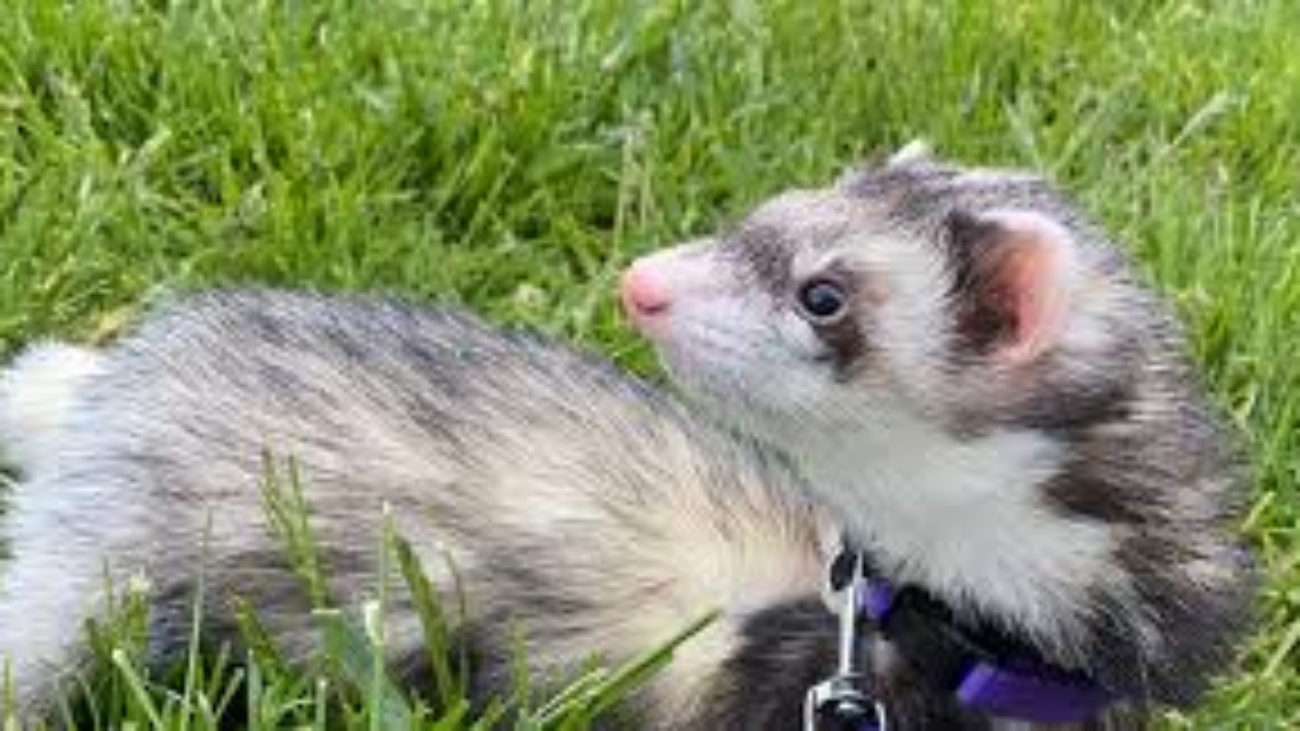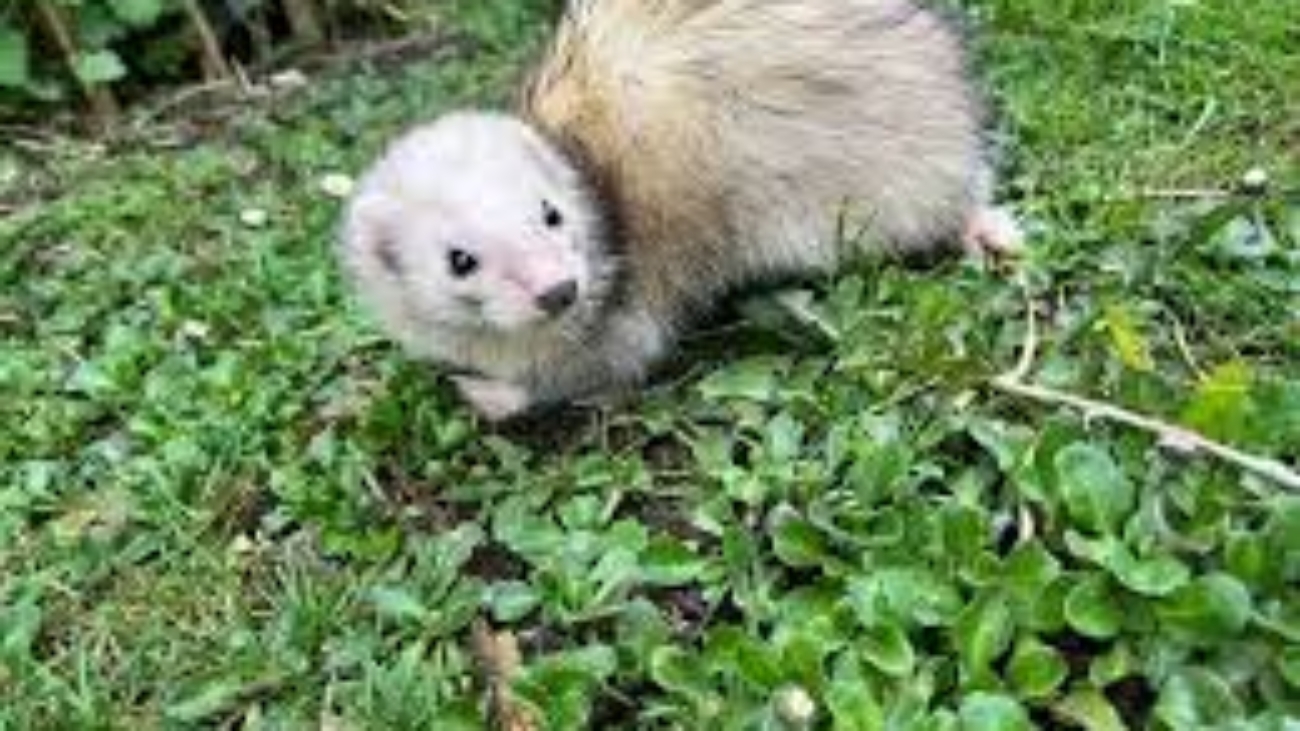Ferret Harness, Ferrets are playful and curious pets that enjoy exploring their surroundings. To ensure their safety while allowing them to roam freely, a ferret harness is an essential accessory for any ferret owner. This guide will help you understand the importance of a ferret harness, how to choose the right one, and tips for using it effectively.
Why Use a Ferret Harness?
A ferret harness serves multiple purposes:
- Safety: It prevents your ferret from escaping and getting lost while outside or in unfamiliar areas.
- Control: A harness gives you control over your ferret’s movements, making it easier to manage their playful behavior.
- Exercise: Using a harness allows your ferret to get the exercise they need by safely exploring the outdoors.
- Bonding: Walking your ferret can strengthen the bond between you and your pet through shared experiences.
Choosing the Right Ferret Harness
When selecting a harness for your ferret, consider the following factors:
- Fit and Size: The harness should fit snugly but not too tightly. Ferrets are flexible and can easily slip out of loose harnesses. Measure your ferret’s chest and neck to find the right size.
- Material: Look for a harness made of soft, breathable material to prevent irritation and ensure comfort. Avoid harnesses with rough edges or stiff materials.
- Design: The most popular designs for ferrets are H-style, vest-style, and figure-eight harnesses. H-style harnesses are simple and adjustable, vest-style harnesses provide more coverage and security, and figure-eight harnesses are versatile and adjustable.
- Adjustability: An adjustable harness is essential to accommodate your ferret’s body shape and ensure a secure fit.
- Safety Features: Check for features like quick-release buckles and reflective strips for added safety during walks.
How to Use a Ferret Harness
- Introduce the Harness Gradually: Let your ferret sniff and play with the harness before putting it on. This helps them get used to the new accessory.
- Properly Fit the Harness: Place the harness on your ferret and adjust the straps to ensure a snug fit. You should be able to fit one finger between the harness and your ferret’s body.
- Monitor for Comfort: Observe your ferret for any signs of discomfort or irritation. Adjust the harness as needed to ensure it remains comfortable.
- Start Indoors: Begin by letting your ferret wear the harness indoors to get accustomed to the sensation. Gradually introduce the leash and practice walking around the house.
- Venture Outdoors: Once your ferret is comfortable with the harness and leash indoors, you can start exploring the outdoors. Choose a safe and quiet area for your first few walks.
- Stay Attentive: Always keep an eye on your ferret while they are harnessed. Ferrets can be quick and curious, so it’s important to stay attentive to their movements.
Tips for Successful Walks
- Be Patient: Ferrets may take time to get used to walking on a harness. Be patient and offer treats and praise to encourage positive behavior.
- Choose the Right Environment: Avoid busy streets or noisy areas that could startle your ferret. Parks or quiet neighborhoods are ideal for walks.
- Keep Walks Short: Initially, keep walks short to prevent overwhelming your ferret. Gradually increase the duration as they become more comfortable.
- Watch for Hazards: Be mindful of potential hazards like toxic plants, sharp objects, or other animals. Always keep your ferret on a short leash to maintain control.
Conclusion
A ferret harness is a valuable tool for ensuring the safety and enjoyment of your pet during outdoor adventures. By choosing the right harness and using it correctly, you can provide your ferret with a fun and enriching experience while strengthening your bond. Remember to be patient and attentive, and your ferret will soon look forward to their harnessed explorations.










